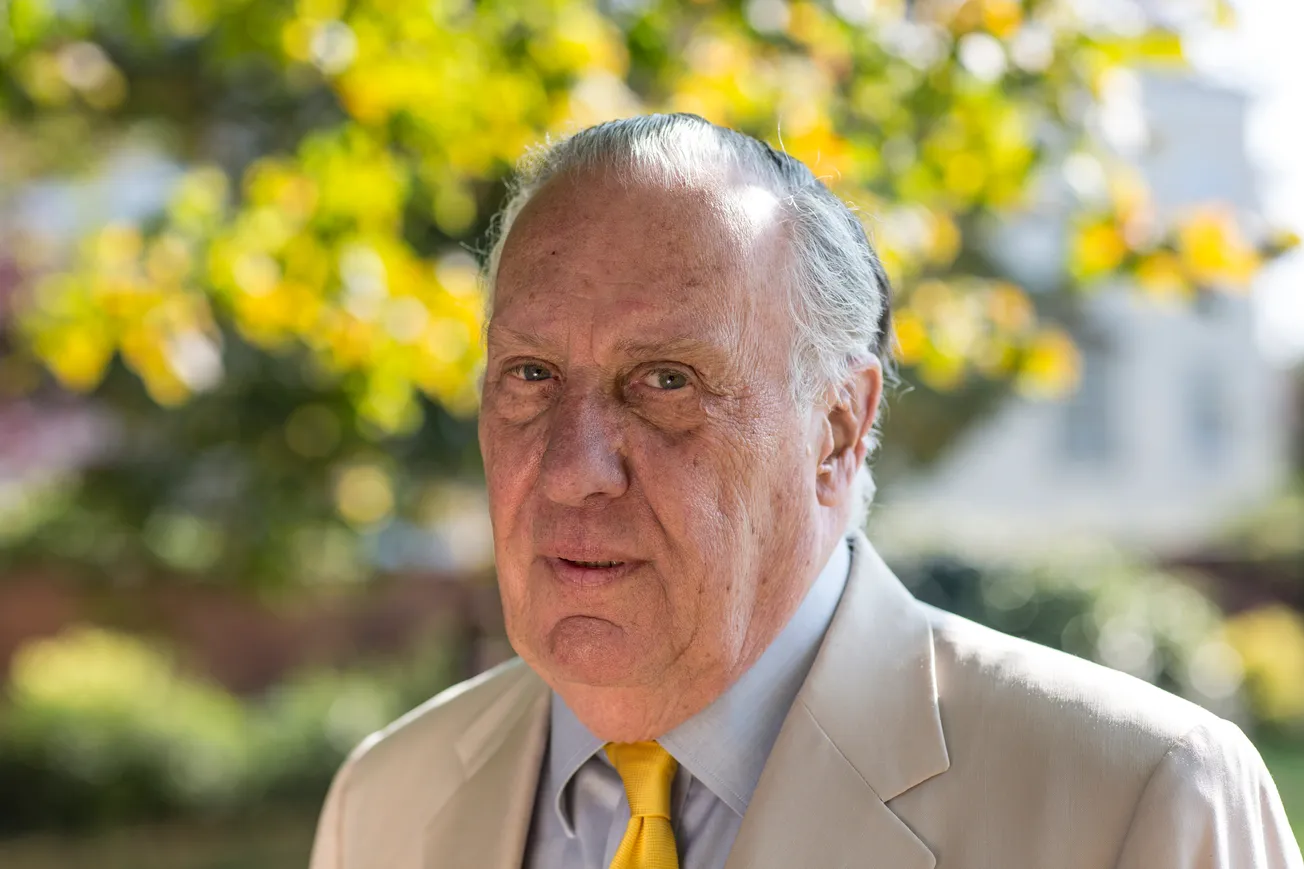For many of us, economics is like physics or political science - it affects our day-to-day lives. Yet, we don't understand most of it and want to study it even less. But when one of the stalwarts on the subject states, "Economics can be taught to the common man," there is hope.
To most, economics is about buying and selling, fiscal policy and taxes, and government regulations. And of course, it is about all of that. But, when one looks to experts for answers, it is often the case that they elevate the questions beyond the obvious and present answers that simplify and humanize the subject to the layperson.
The life work of the illustrious economist and Nobel Laureate, Milton Friedman, accomplishes just that. Born on July 31, 1912, in Brooklyn, New York, he is often described as "the most influential economist of the second half of the 20th century." He put forth ideas that were diametrically opposite of popular theories of the time.
For instance, using an ordinary pencil as an example, Friedman illustrates how resources and labor from different parts of the world are brought together to produce a product of monetary value. From the wood, the graphite (lead), the eraser and paint, the everyday pencil is, in fact, the product of complex economic dealings that stretched over many countries and societies. Watch the full video of I, Pencil here.
Friedman says, "People who don't speak the same language, who practice different religions, who might hate one another if they ever met! When you go down to the store and buy this pencil, you are in effect trading a few minutes of your time for a few seconds of the time of all those thousands of people."
Friedman's thinking goes beyond cost and price, demand and supply. He uses the example to showcase how interconnected we are and how interdependent we have to be, even for our everyday needs. He exemplifies the free market as a means to foster harmony and cooperation. His theories and teachings are based on his innate understanding that coercion does not lead to lasting prosperity. He demonstrates how free enterprise nurtures innovation, perseverance, efficiency, and competition.
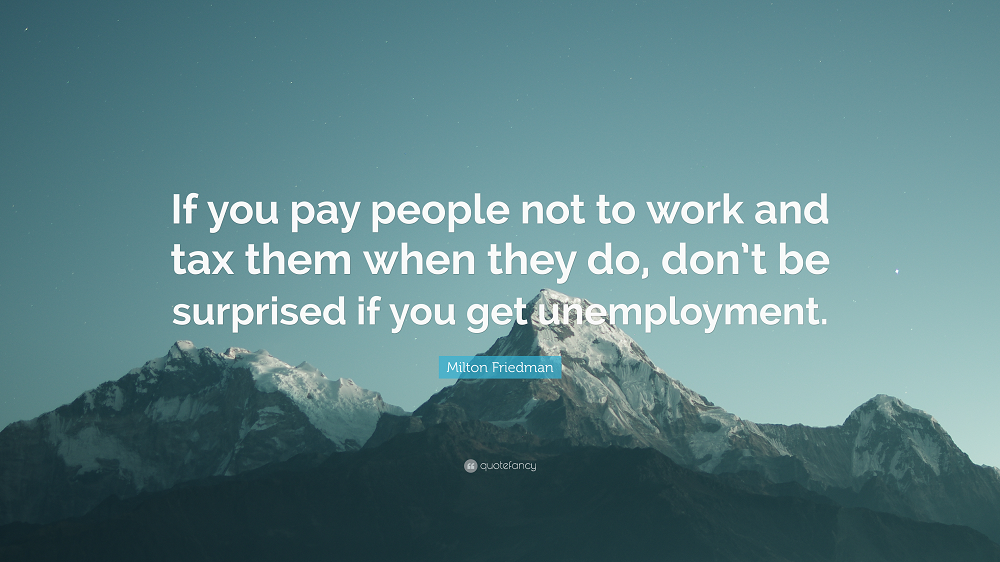
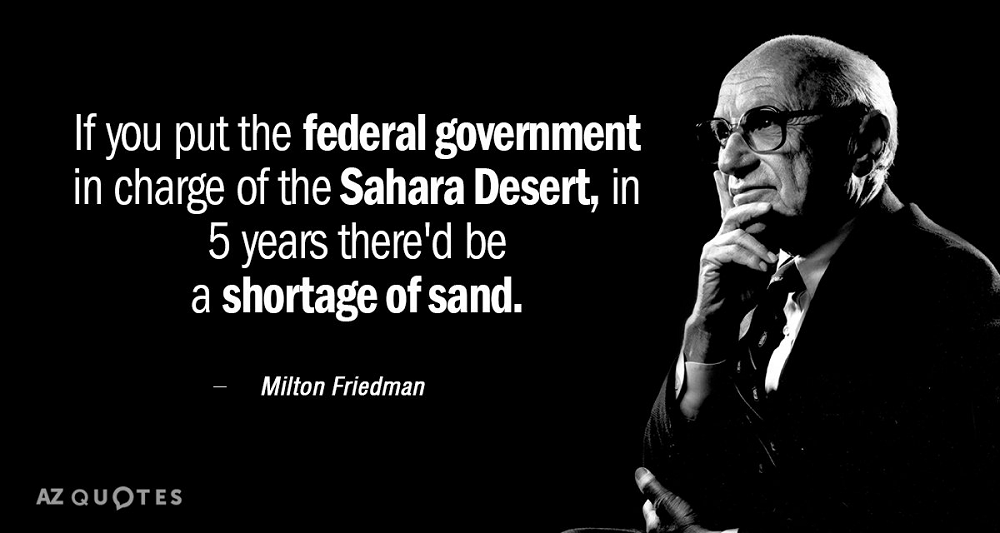
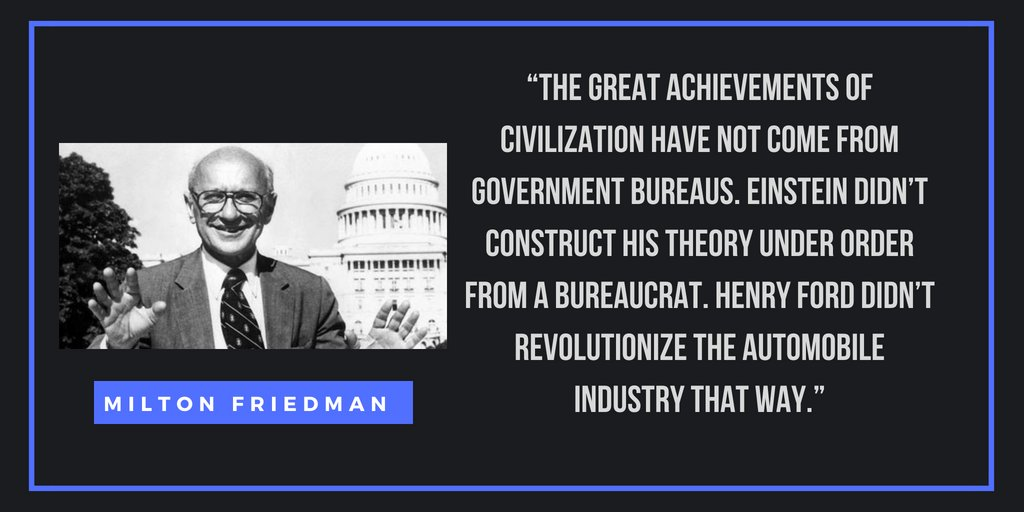
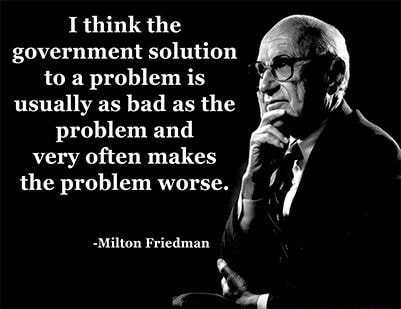
Contrary to popular view, Friedman states that fostering freedom leads to equality, and equality does not guarantee freedom. He is lauded for approaching economics as not a 'mathematical game' but a method to decipher, explain and understand how the real world works. Drawing examples from everyday life and history, he explained his theories and held fast to them in the face of harsh criticism.
A prolific author and respected intellectual, Friedman steadfastly believed in the ability of market forces to advance individual welfare. His teachings and theories continue to shape economic policies and thinking to this day.





